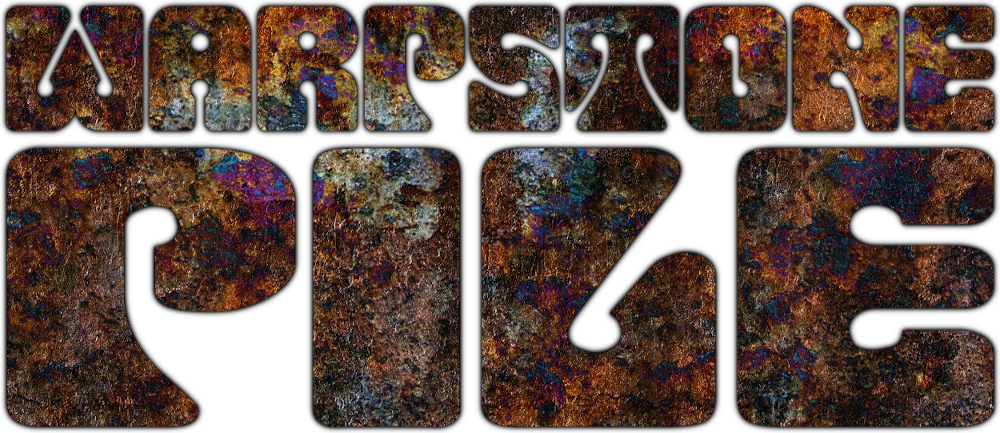Dame Wedgwood thinks I let my PCs spend too much money on rations…
“The fugitives who fled from the south after Nördlingen died of plague, hunger and exhaustion in the refugee camp at Frankfort or the overcrowded hospitals of Saxony; seven thousand were expelled fom the canon of Zürich because there was neither food nor room for them; at Hanau the gates were closed against them; at Strasbourg they lay thick in the streets through the frosts of winter, so that by day the citizens stepped over their bodies, and by night lay awake listening to the groans of the sick and starving until the magistrates forcibly drove them out, thirty thousand of them. The Jesuits here and there fought manfully against the overwhelming distress; after the burning and desertion of Eichstätt they sought out the children who were hiding the cellars, killing and eating the rats, and carried them off to care for and educate them; at Hagenau they managed to feed the poor out of their stores until the French troops raided their granary and took charge of the grain for the army.”
“At Calw the pastor saw a woman gnawing the raw flesh of a dead horse on which a hungry dog and some ravens were also feeding. In Alasace the bodies of criminals were torn from the gallows and devoured; in the whole Rhineland they watched the gravyards against marauders who sold the flesh of the newly buried for food; at Zweibrücken a woman confessed to having eaten her child. Acorns, goats’ skins, grass were all cooked in Alsace; cats, dogs, and rats were sold in the market at Worms. In Fulda and Coburg and near Frankfort and the great refugee camp, men wnt in terror of being killed and eaten by those maddened by hunger. Near Worms hands and feed were found half cooked in a gipsies’ cauldron. Not far from Wertheim human bones were discovered in a pit, fresh, fleshless, sucked to the marrow.”
“By November rich burghers’ wives were seen in the market bartering their jewellery for a little flour. Horses, cats, dogs, mice were all sold for human food, and the skins of cattle and sheep were soaked and cooked. On November 24th one of Bernard’s soldiers, a prisoner, died in the castle; before the body could be taken away for burial his comrades had torn it in pieces and devoured the flesh. In the ensuing weeks six other prisoners died and were eaten. On a single morning ten bodies were found in the center square of the town, citizens who had dropped dead of hunger, and by December it was being whispered that poor and orphan children had disappeared.”
– The Thirty Years War, CV Wedgwood

